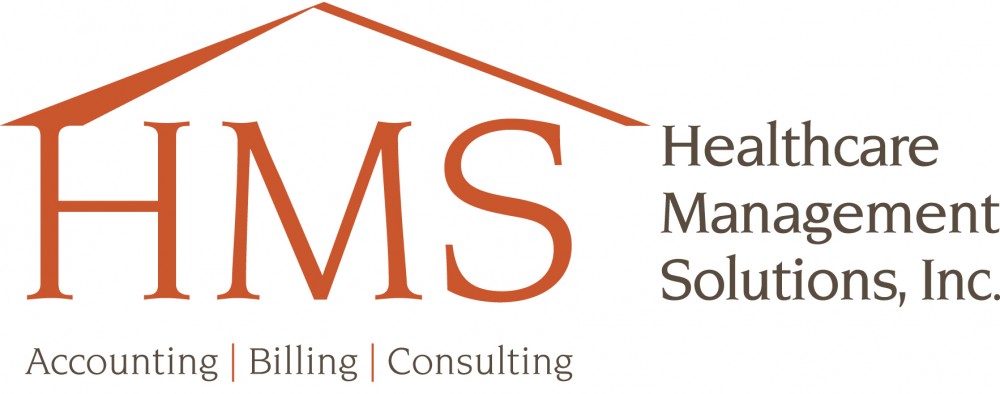As you know, CMS will be switching to ICD-10 but they won’t be testing the system, potentially putting your revenue at risk. Officials from the Medical Group Management Association (MGMA) state that they are “extremely concerned” and that failure to conduct testing could end in cash flow disruption and “serious access to care issues for Medicare patients.” Industry pressure could eventually convince CMS to reverse its decision and do some testing.
CMS officials are surprised that anyone expected ICD-10 testing, although they are requiring Medicaid agencies to test the system with providers. According to CMS, it’s up to health systems, hospitals, and physician practices to ensure they can send data in the correct format.
Some experts recommend that healthcare providers start to perform their own testing with payers to make sure their revenue stays afloat after the switch.
Click here to read more
